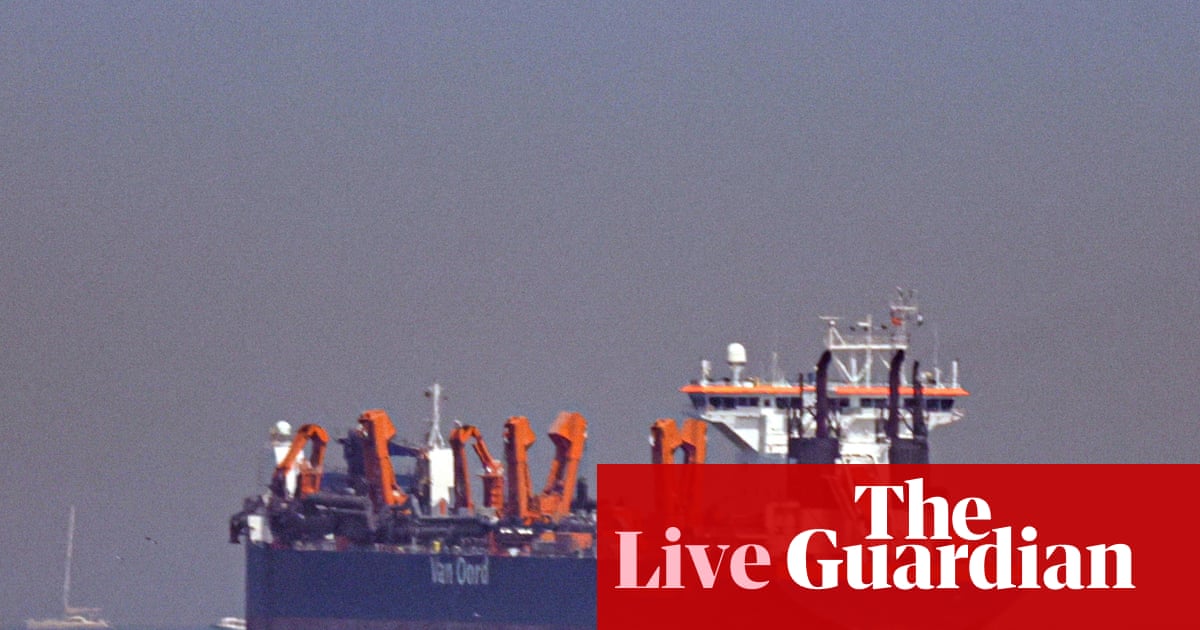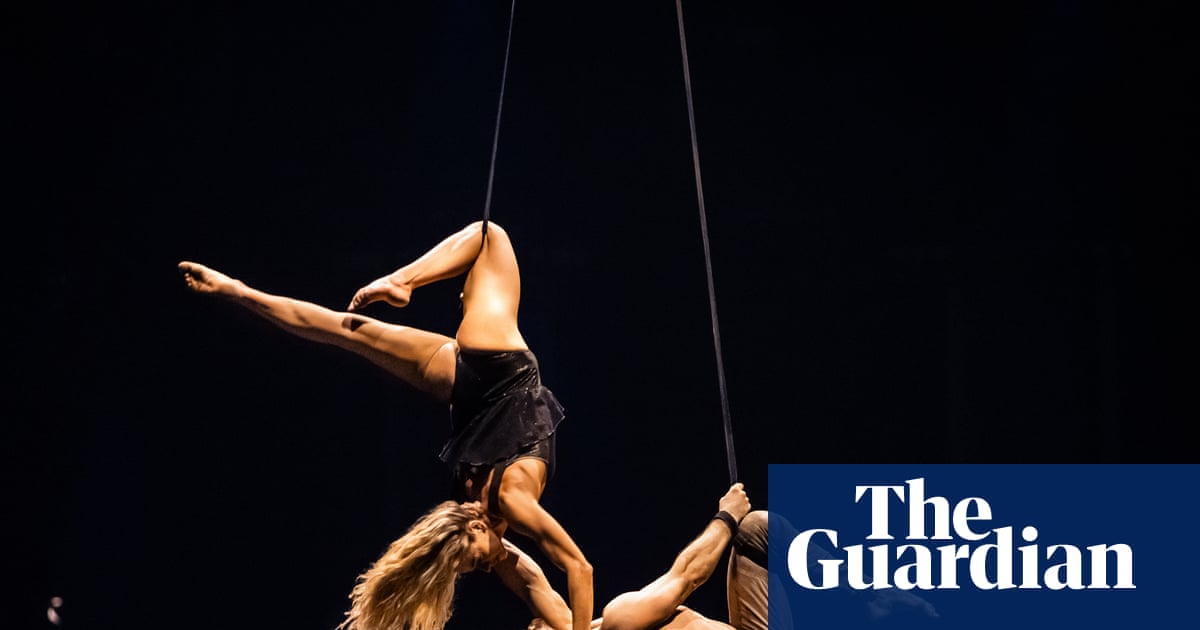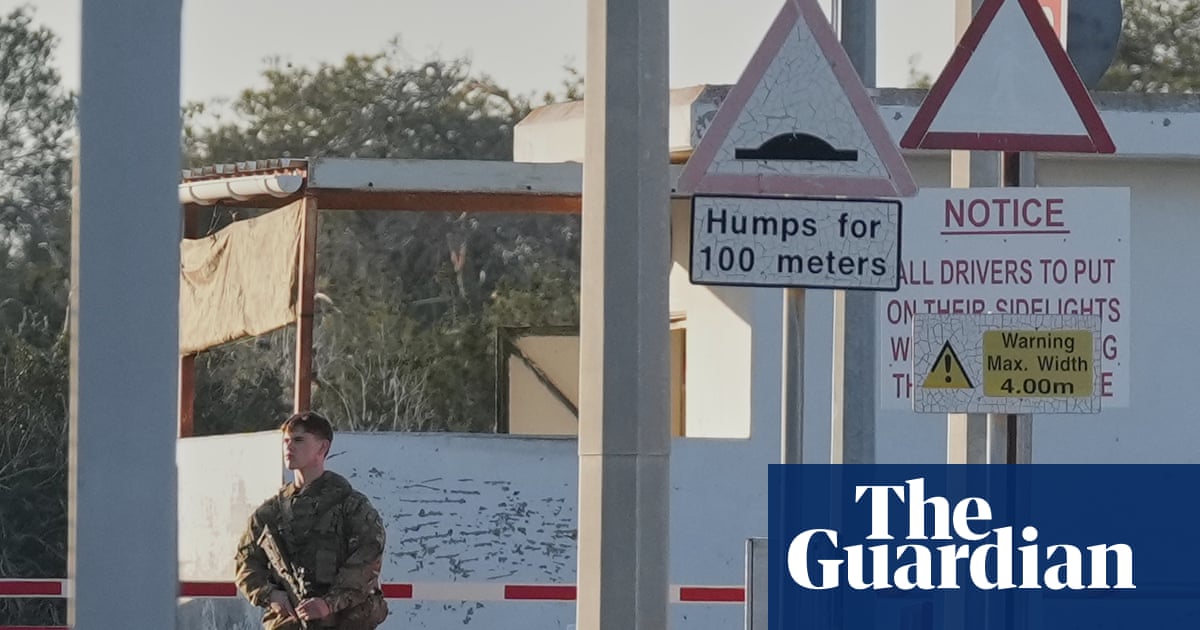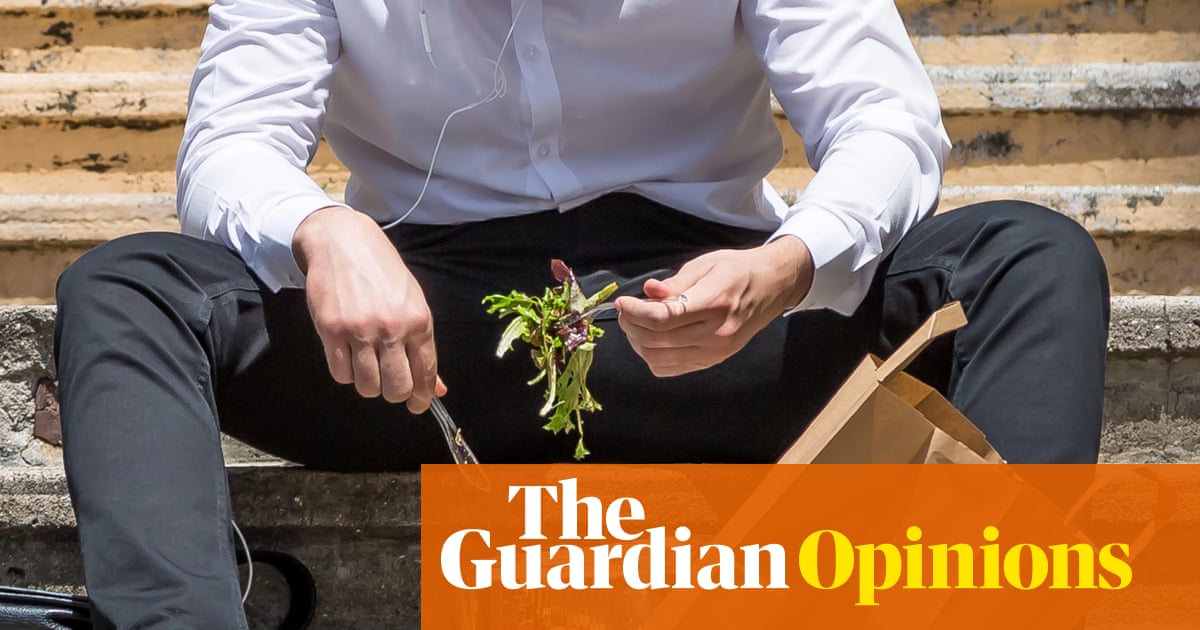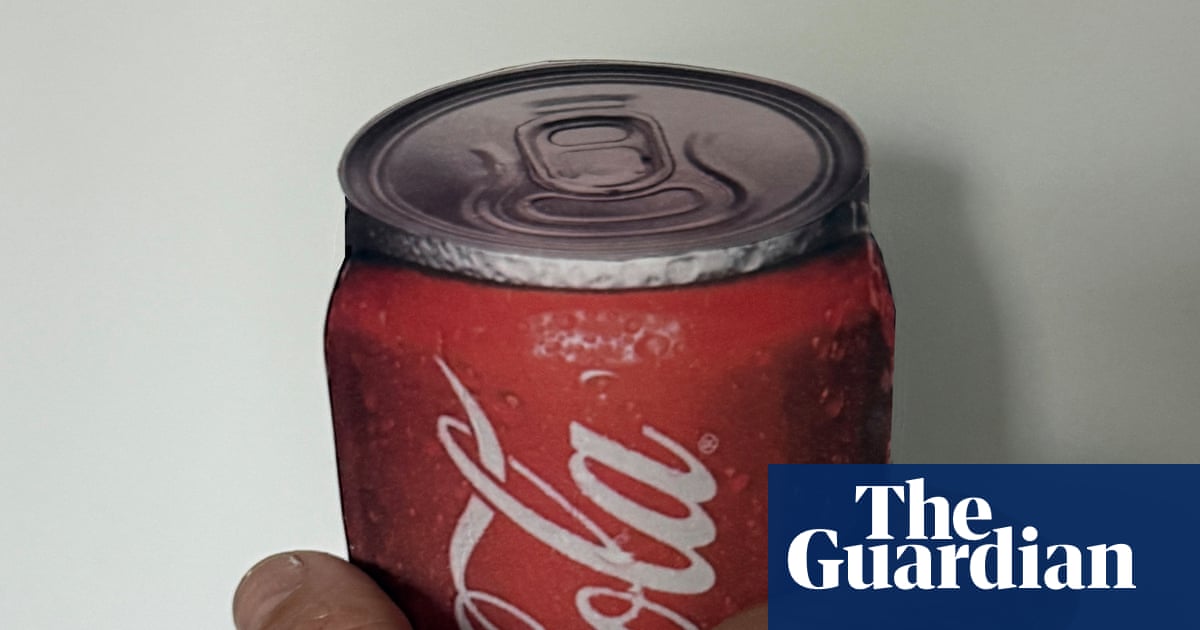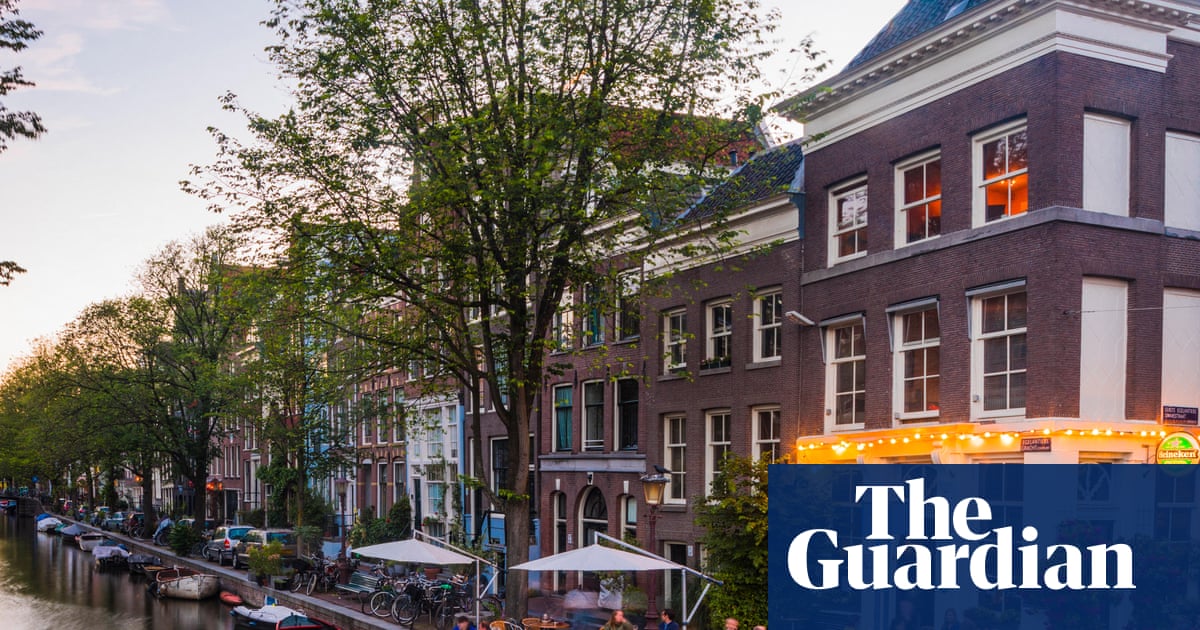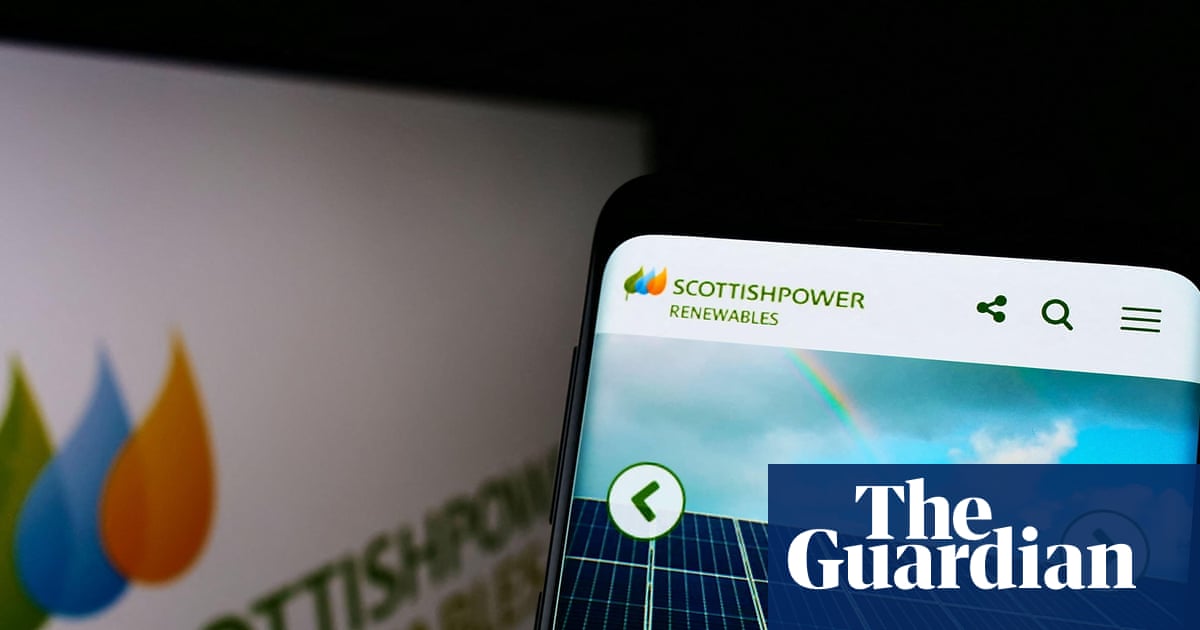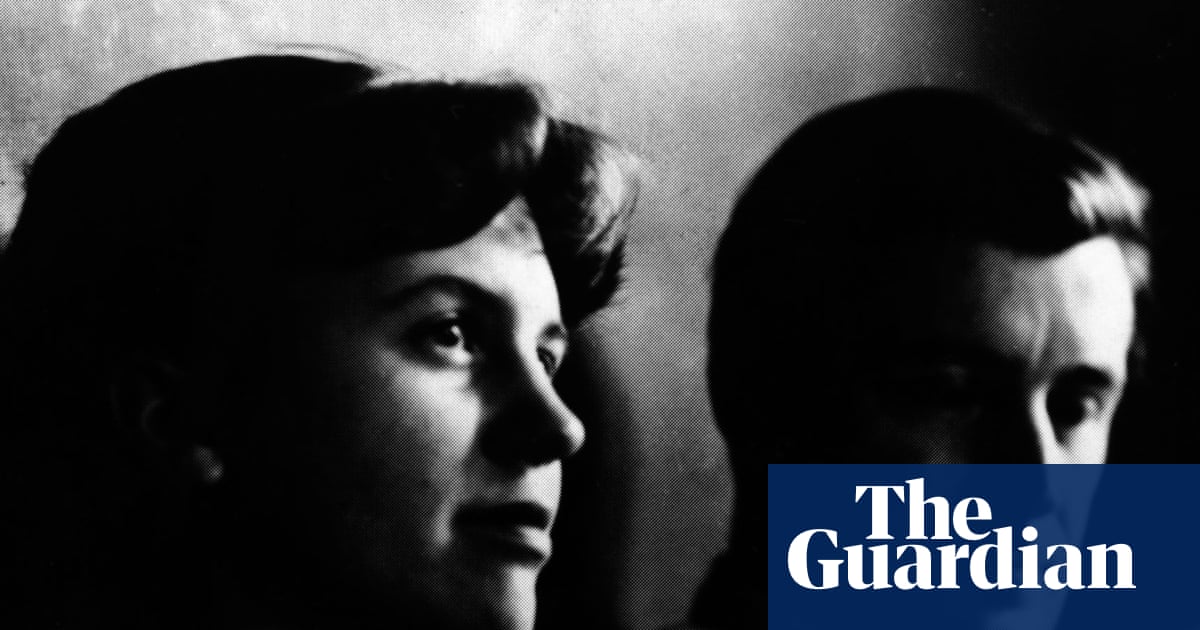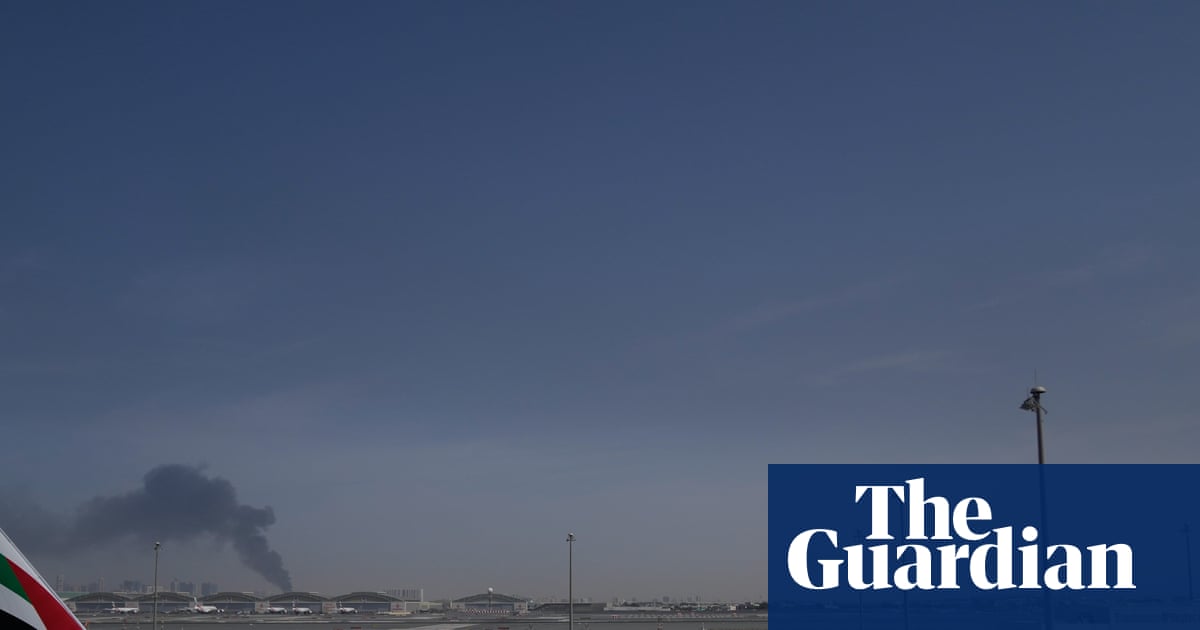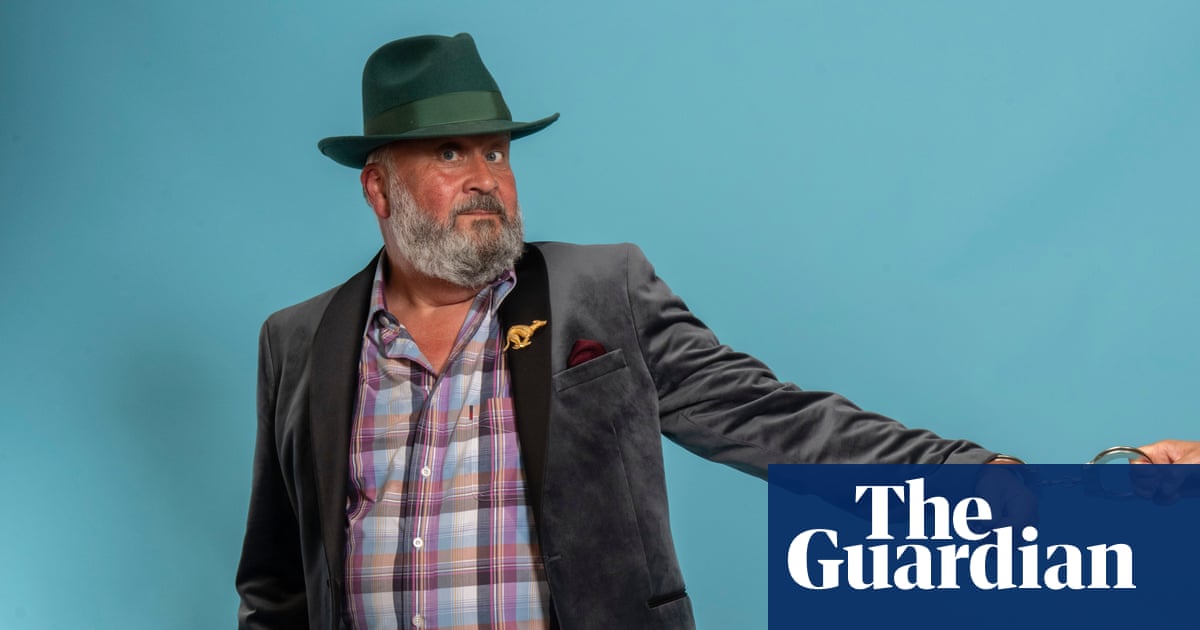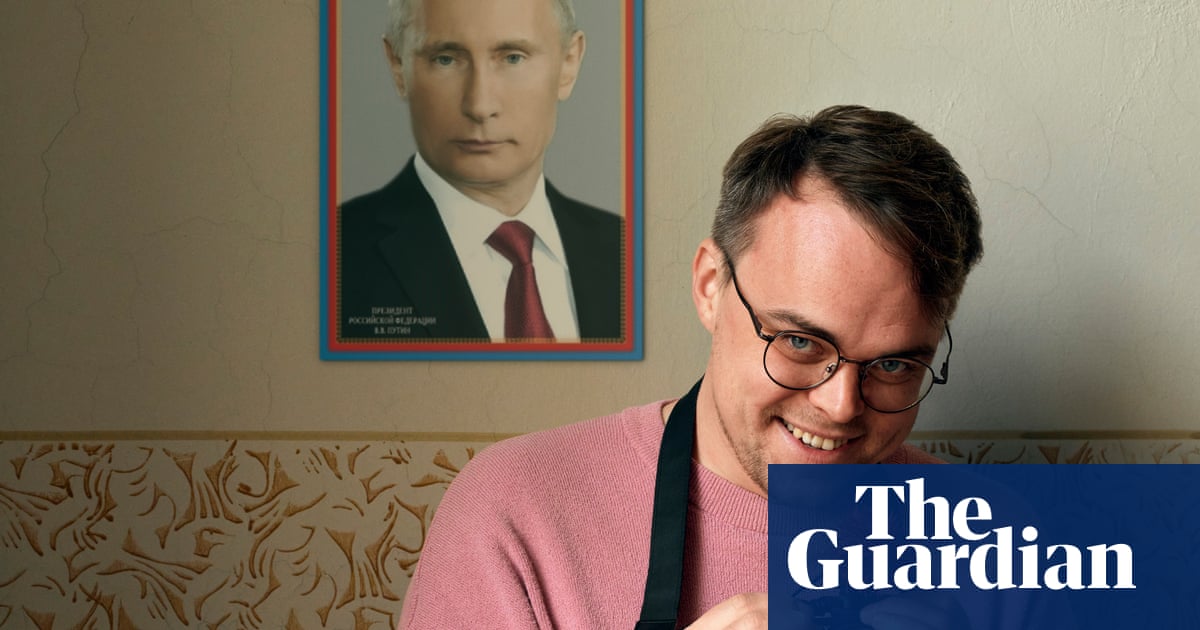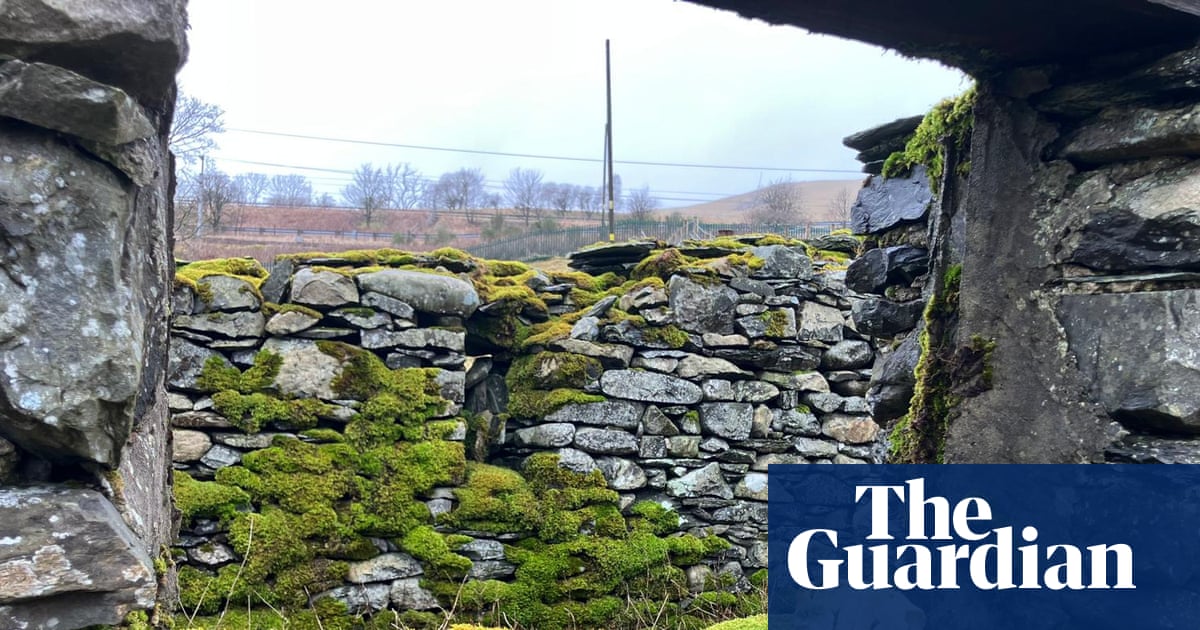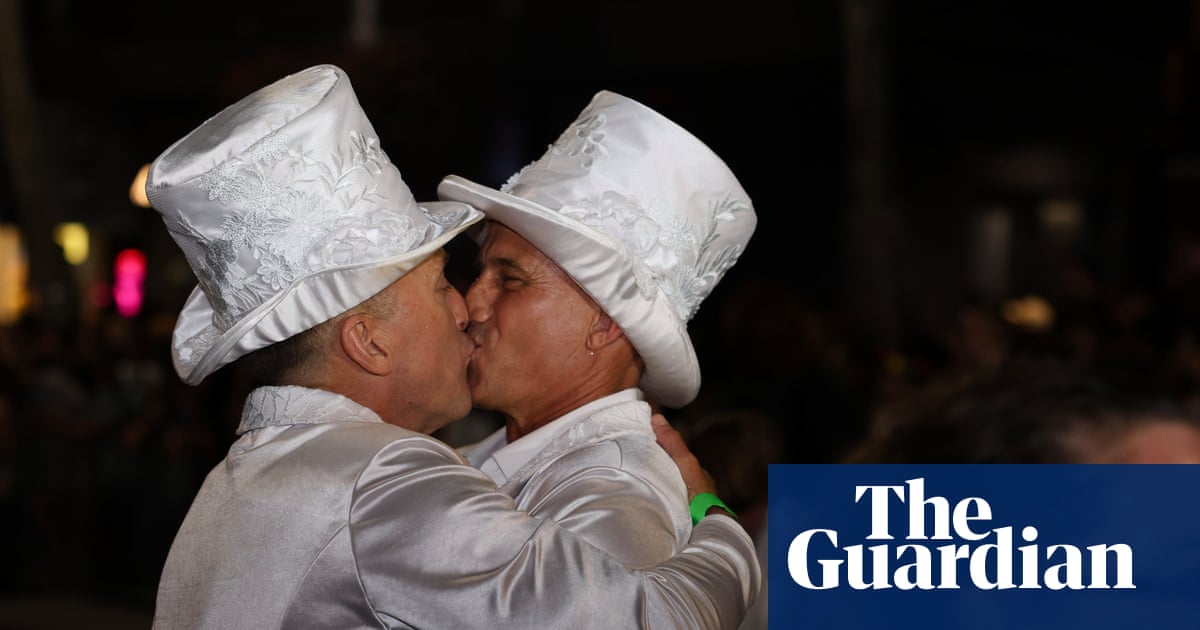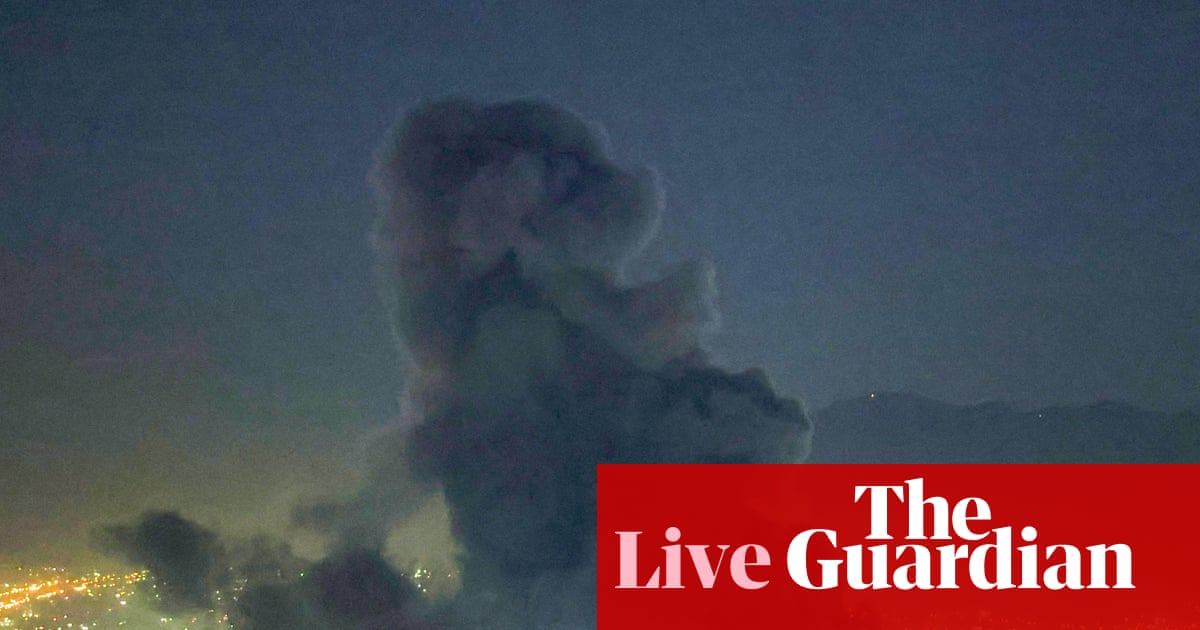I used to watch Breaking Glass when I worked a very corporate job in the City. With its vision of London at the end of punk and the beginning of the Winter of Discontent, the film provided me a blast of gritty, unvarnished relief in the light of endless training courses and encouraged groupthink.
Released in September 1980, it was disliked by critics (Q magazine memorably quipped: “Breaking Glass? More like Breaking Wind … ”) but through today’s eyes feels relevant again.
Kate Crowley (Hazel O’Connor) is an idealistic singer on the make. Her songs (“inspired by punk”) have an anti-capitalist stance. “Most people knuckle under,” she explains at the start of the yarn. “I don’t like the way life is for the majority of people. I can’t change it but I can write about it.” The ripped-from-the-headlines, on-the-nose, Bowie-esque songs illustrate Kate’s anti-authoritarian stance (“The people in control don’t care for you / You’re just a robot with a job to do,” she sings in Big Brother). Meanwhile, the tropical disco song One More Time by Susan ‘Susie’ Sapphire (a more palatable, typical blond singer) becomes a hit due to payola and record company muscle and then becomes an ominous motif throughout the film. A portent for Kate and her career as the film drives to its shocking conclusion.
The Thatcher years had arrived with a dull thud and although it’s a film about the music biz, this is threaded throughout. The rise of fascism, unemployment, a fuel crisis, plus bent coppers on the make and strikes in journalism and on the rail network, mean that the City is unruly – opening the door to a creative renaissance.
O’Connor, who had already experienced a couple of band music deals, drew on her own experience for the film. “Nearly everything in the film was based around my recollections,” she said, adding that it was “art imitating life and life imitating life”. I love this element of realism in the film.
As the leader of the band Breaking Glass, O’Connor expresses the pent-up rage that fuelled suburbanite punks, with scowly determination and lack of guile. Phil Daniels’s Danny is the film’s Artful Dodger, a slippery-fish chart fixer/manager/promoter, whose actual job is hard to pin down. “I’m a person who knows a lot of bands, who gets about a bit,” he says to Kate, unconvincingly, by way of an introduction. Their not-quite-romance isn’t as compelling as the power dynamics that play out professionally. “You want to sit in front of lavatories all your life?” he asks at an early Breaking Glass gig, as he pushes the poisoned chalice of fame her way. It’s only a matter of time before Kate’s Marxist principles crash into the micromanaged manipulation and deathly ennui of the music biz.
In Breaking Glass, the record industry is some sort of purgatory: a cold hellscape where everyone with power has been body-snatched into corporate reverie.
An early scene of a post-gig afterparty, with eerie doubles of Paul McCartney and Poly Styrene, all lit in Giallo pink, feels like a musical Sunken Place where rock stars come to die. The film gleefully shows us the class divide between the champagne-guzzling public school boys who run Kate’s life (her label is called, erm, Overlord Records) and their slightly annoyed contempt for the artists they can’t quite see as human beings. When they start to play divide and conquer with the rest of the Breaking Glass band, it’s a page straight out of Tony Defries and Malcolm McLaren’s playbook. And there’s something uneasy about Woods (Jon Finch), the suave producer in a country pile who sweeps Kate off her feet (she seems strangely hypnotised when she speaks to him) and ever so subtly changes her sound and look to make her more palatable.
Breaking Glass always makes me fake nostalgic for a particular vision of London. In its ghoulish, pre-gentrified state, late-70s London becomes its own grizzled, peeling-at-the-edges character. Every location in the film looks covered in a grey, uncertain lighting: from the Piccadilly tube line to Cockfosters to under the Westway roundabout to the Hope and Anchor in Islington and the petrol station where she works.
It’s an acidic snapshot. Every time I rewatch I rediscover new things (look, there’s Killick Street near to where I used to work!). Maybe next time, I will finally spot Boy George and Marilyn, who are extras in the film.
The final scene leaves the door open for more. And while a sequel was mooted it never got past early discussions. O’Connor says she hoped Kate would “go off and become a mountaineer and have a totally new life”. I’d pay to see that.
-
Breaking Glass is available to rent digitally in the US

.png) 3 months ago
48
3 months ago
48
